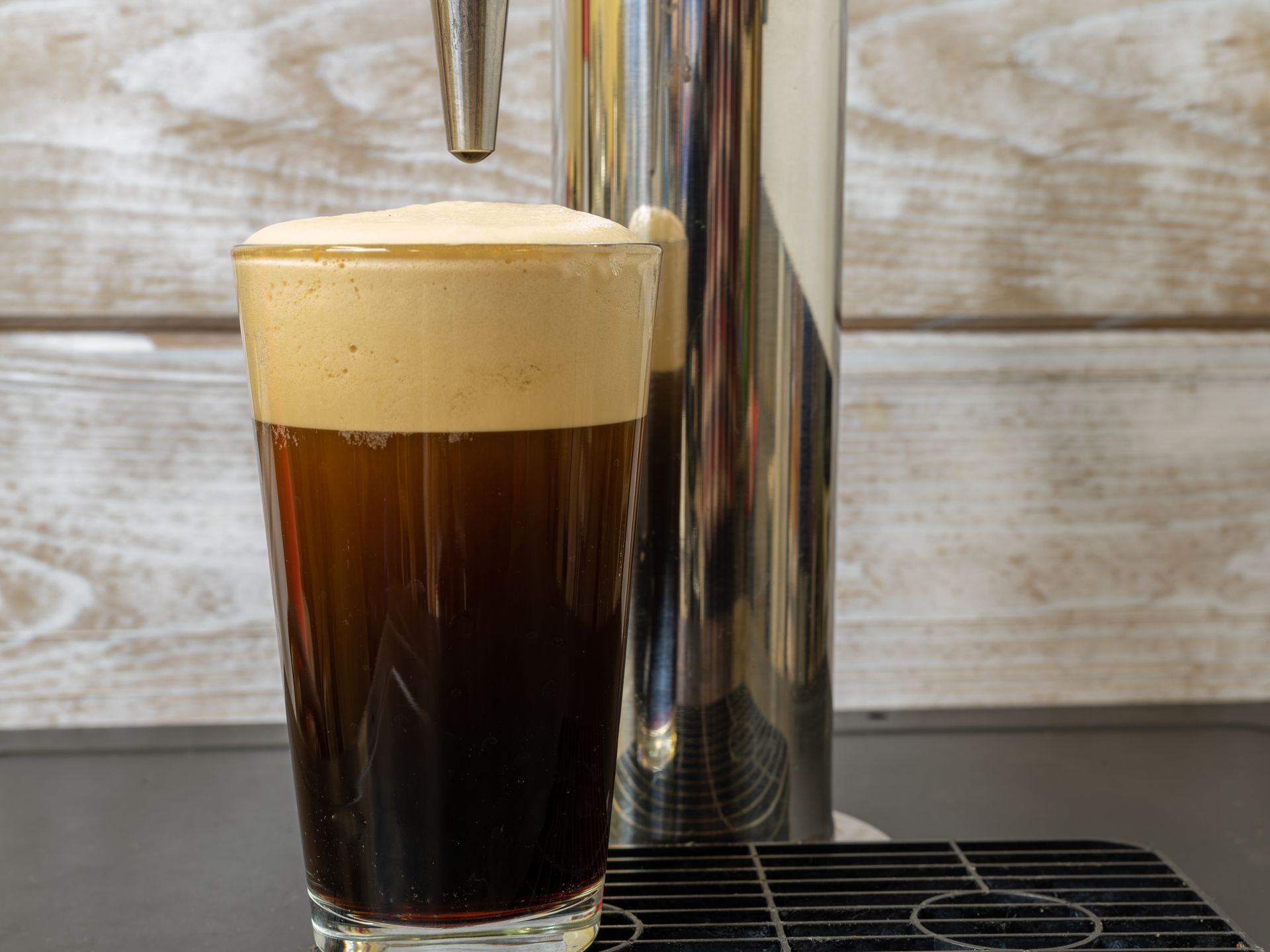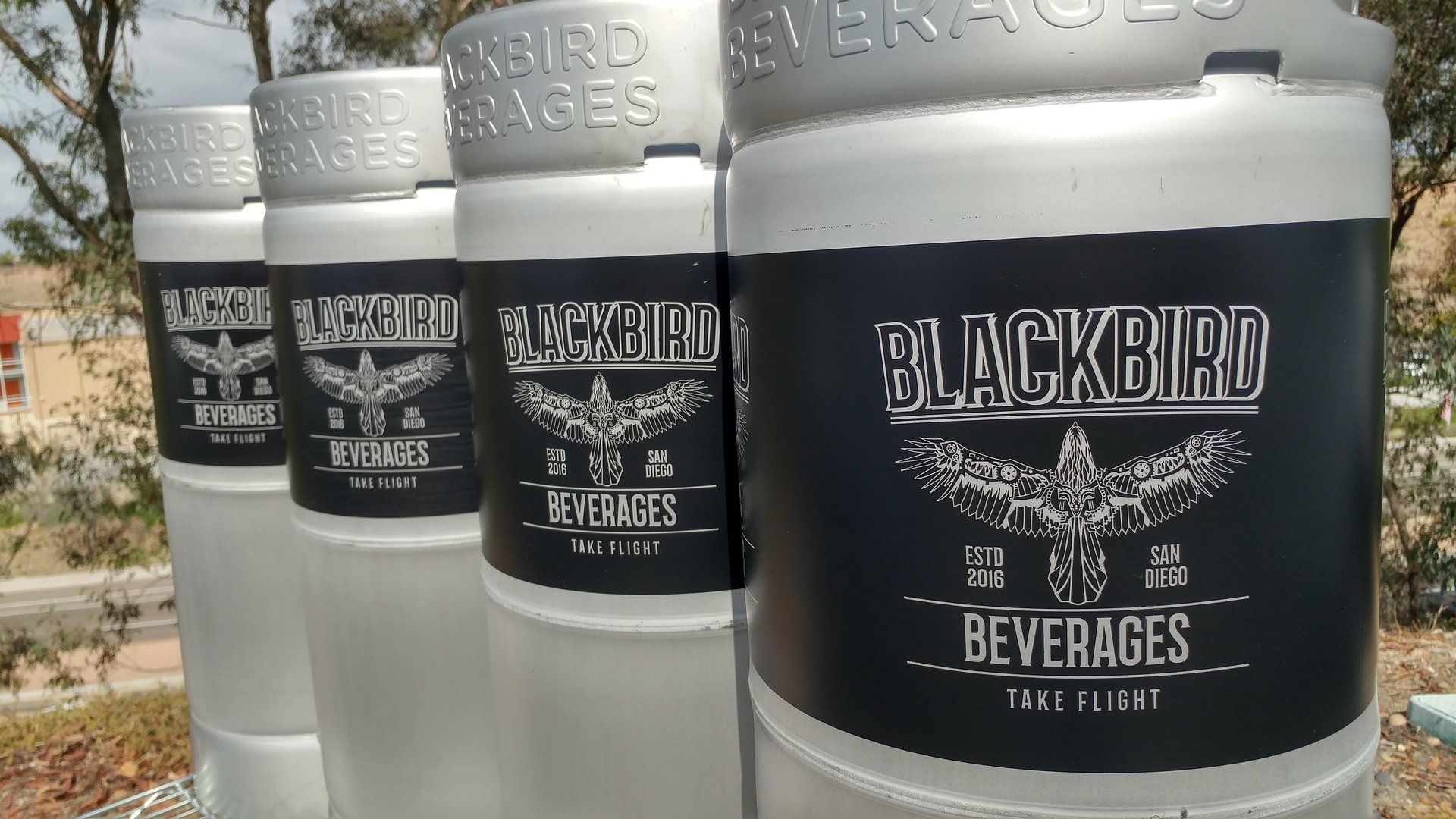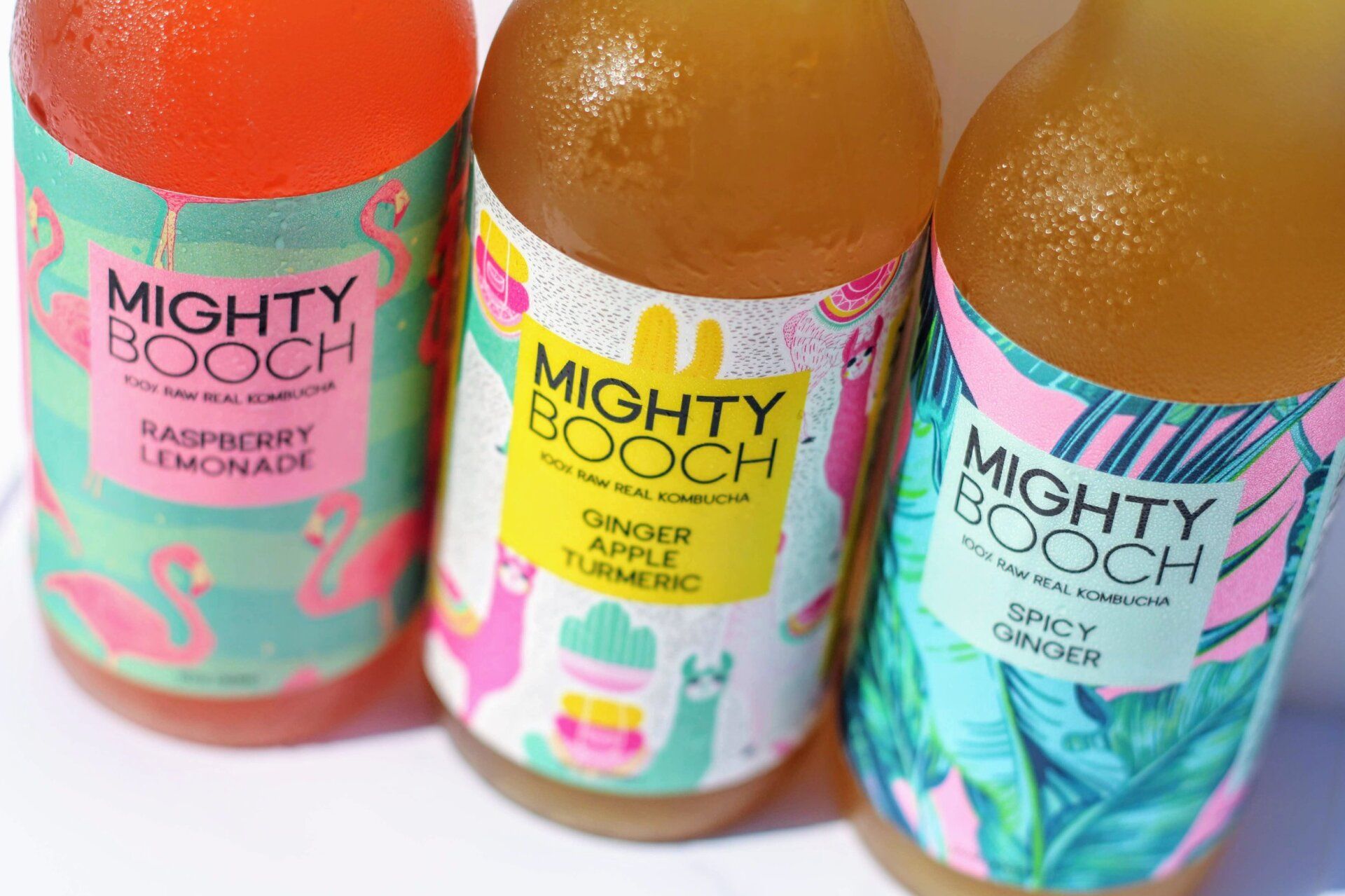The Science Behind Cold Brew: Why It’s Easier on Your Stomach
Coffee is a beloved beverage worldwide, but the acidic nature of traditional hot-brewed coffee can cause discomfort, especially for those with sensitive stomachs. Enter cold-brew coffee—a smooth, less acidic alternative quickly becoming a favorite for casual coffee drinkers and connoisseurs alike. But what makes cold brew easier on your stomach, and why is it the go-to choice for many looking for a gentler coffee experience? Let’s dive into the science behind cold brew to find out.
What Makes Coffee Acidic?
Before we explore cold brew’s benefits, it’s important to understand what makes regular coffee acidic. Coffee beans contain natural acids, including chlorogenic acids, which break down during the brewing process. When brewed with hot water, coffee extracts more acids, leading to a higher acidity level. For some people, this can lead to issues like acid reflux, heartburn, or general stomach discomfort.
Cold Brew’s Low-Acid Advantage
Cold brew, on the other hand, is brewed differently, using cold or room-temperature water over a longer period (usually 12-24 hours). This slow extraction process has a profound impact on the acidity of the coffee, making it easier on the stomach. Here’s why:
1. Temperature Matters: Cold vs. Hot Extraction
When coffee grounds are exposed to hot water, the heat accelerates the extraction of oils, acids, and compounds from the beans. These compounds, including chlorogenic acids, give hot coffee its characteristic sharpness or "bite." While many coffee drinkers enjoy this acidity, it can lead to digestive discomfort for those with sensitive stomachs.
With cold brew, the lower water temperature significantly slows down the extraction of these acids. The result? A smoother, less acidic coffee that retains much of the flavor but without the harshness. Studies have shown that cold brew coffee can be up to 67% less acidic than hot brewed coffee, making it a gentler option for daily consumption.
2. pH Balance: The Key to Stomach Comfort
Acidity in coffee is often measured using pH levels, with lower numbers indicating higher acidity. While traditional hot-brewed coffee typically has a pH of around 4.5 to 5, cold-brewed coffee’s pH tends to be higher, closer to neutral (around 6). This reduced acidity can be a game-changer for individuals who experience acid-related discomfort after drinking hot coffee.
By maintaining a higher pH, cold brew is less likely to trigger acid reflux or irritate the stomach lining, making it a more stomach-friendly option for those who love coffee but want to avoid digestive issues.
3. The Impact of Oils and Compounds
Another reason cold brew is easier on your stomach is that it reduces certain oils and compounds that are more readily extracted at high temperatures. These compounds can contribute to the bitterness and acidity of hot-brewed coffee, potentially irritating the stomach lining. Cold brewing leaves many of these harsh compounds behind, making a milder, smoother coffee less likely to cause digestive upset.
Who Benefits Most from Cold Brew?
Cold brew isn’t just a trendy coffee choice; it’s a game-changer for individuals with:
- Sensitive stomachs: Whether due to medical conditions like acid reflux or simply personal preference, people who struggle with acidic foods and beverages can find relief in cold brew’s lower acidity.
- Acid reflux and GERD sufferers: Cold brew’s reduced acidity can help mitigate the symptoms of acid reflux, allowing coffee lovers to enjoy their favorite drink without the burn or discomfort.
- Frequent coffee drinkers: Even those without specific stomach issues may benefit from switching to cold brew. Its smoother taste and gentler effects on the digestive system make it a great option for people who consume multiple cups of coffee a day.
Additional Health Benefits of Cold Brew
Aside from its stomach-friendly benefits, cold brew coffee offers several other advantages:
- Naturally sweeter taste: The cold brewing process brings out the natural sweetness in coffee beans, reducing the need for sugar or cream. This can be a bonus for those looking to cut calories or reduce their sugar intake.
- Lower bitterness: Cold brew’s smoother, less bitter flavor profile can be more enjoyable for people who find regular coffee too harsh. This can also reduce the temptation to add sugary syrups or flavored creamers, supporting healthier coffee habits.
- Sustained energy boost: Cold brew typically has a similar or slightly higher caffeine content than hot coffee, offering a steady energy boost without the spikes and crashes associated with some highly caffeinated drinks.
Making Cold Brew a Staple in Your Routine
Thanks to its lower acidity, cold brew is more than just a summer beverage—it’s a year-round favorite for those seeking a gentler coffee option. It’s easy to make at home or enjoy on tap in the office with kegerators from Blackbird Beverages, ensuring you can enjoy cold brew whenever you need a refreshing, stomach-friendly pick-me-up.
For those with sensitive stomachs, switching to cold brew can significantly improve daily comfort. So, the next time you’re craving coffee but want to avoid the acid-induced burn or upset stomach, give cold brew a try—you may find it’s the smooth, satisfying solution you’ve been searching for.











